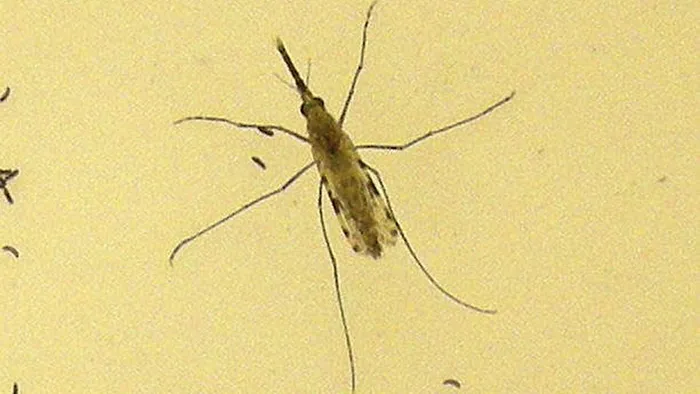
This 2010 Centers for Disease Control and Prevention (CDC) photo shows a mosquito, the principal vector of malaria in Africa. Picture: Mary F Adams/CDC/Reuters
Cape Town - A new chemical has been discovered by a research team which could potentially eliminate malaria.
The chemical compound was discovered by researchers at the University of Pretoria (UP). South Africa is currently the leading country in finding malaria elimination solutions for the African continent.
UP Faculty of Health Sciences Dean, Tiaan de Jager, said: “Despite the current focus on Covid-19, malaria remains a global public health concern. There are numerous challenges that impact on malaria control and elimination, one of them being the increased resistance of the malaria parasite to the drugs used for the treatment.”
Biochemistry and South African Research Chair in Sustainable Malaria Control, Professor Lyn-Marie Birkholtz, said: “Malaria is such a complicated and complex disease. There are three biological systems that interact with each other. There is the human that gets infected by a malaria parasite and this parasite is then transmitted to humans by a mosquito.”
She said in order to successfully eliminate malaria, it is essential to have the necessary tools to kill all the different forms of the parasite. Patients can only then be cured of the disease. It is important to block the malaria transmission cycle.
Birkholtz said: “In an innovative strategy, the team looked for chemical compounds that are completely new so that the parasite does not have resistance against them. The research team discovered compounds that kill the disease-causing form and compounds that blocked the parasite from infecting mosquitoes in the lab.”
She said it was the first time that compounds were shown to have activity against malaria parasites, and since they are not toxic to humans, they showed the potential to be developed as antimalarials for both the treatment and elimination of the disease.
“We are excited for the contribution of these compounds that are able to block the transmission,” she said.
Cape Argus
